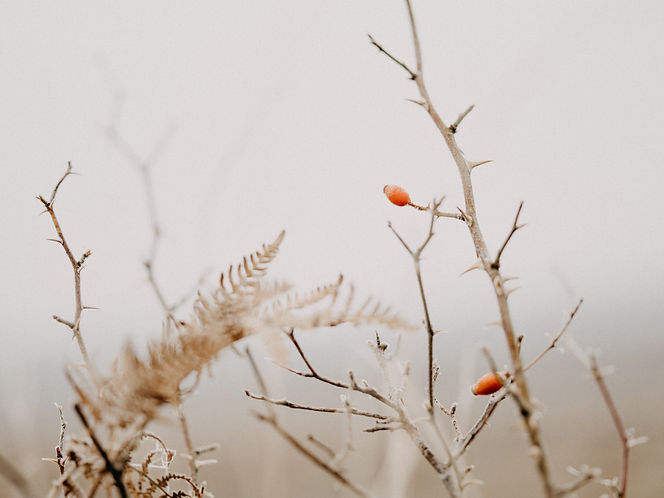I’ve had a brutal cold for a week now, gone through an entire box of tissue and spent way more time in bed than I like (and I like a LOT of time in bed). But fortunately for my sinuses, this week the weather suddenly turned very warm, and I’ve been getting out in the sunshine and working in the garden the past few days. This has helped my mood and seems to be keeping the nasty stuff moving, though my ears are still kind of plugged and I’d really like less slime in my head.
This morning, while I was practicing “sweat out the slime” (a.k.a. removing a poorly placed shrub from one of the garden borders), I sat down to take a break (I get tired after about 15 minutes of work, yay colds!) and met this little fellow, who obviously has no interest in shedding their slime.

Now look, I get that we gardeners are programmed to be wary of slugs. But this was such a distinguished looking little friend, I couldn’t resist sitting near them and watching them serenely ooze around the plant detritus I had just dislodged with my exertion. I watched them for a good twenty minutes while they traveled in unhurried circles right next to me, showing off all their attractive markings and the range of shapes formed by their little tentacles. I was completely enchanted. I wondered: does this little beastie eat my hostas? They certainly didn’t seem interested in the fresh leaves of the azalea, even the ones resting right on the soil. So when I was finished admiring their handsome stripes and spots, and squeeing internally over their adorable optical tentacles, I turned to the google for information.

I learned this little friend is not a banana slug, as I originally thought, but is instead a great gray slug / tiger slug / spotted leopard slug (Limax maximus). Though they're not native to the Pacific Northwest - and are sometimes considered an invasive species, depending on the region - it seems they could actually be helpful friends in the garden. For one thing, leopard slugs are detrivores - that is, they feed on decomposing plant and animal parts, as well as feces. For another, they eat other slugs - including the ones who love to chomp on our green plants. This is one example of why I’m not automatically on the “only native species, never introduced or invasives” warpath some lovers of native plants and eco-friendly gardening go down. While I do try to emphasize native plants in the garden, I also know some introduced species can be beneficial, and biodiversity is important for healthy wildlife communities. Of course, I’m no expert, just an enthusiastic amateur trying to find the best way for my garden to thrive and do some good for the local wildlife.

In any case, this little being is HERE. They are living their best little slug life, sticking close to home, working as part of nature’s waste management team, minding their own business. I might as well enjoy their company, and learn about their life - and let me tell you, it is a fascinating one. For example, it seems these little babies mate in mid air while hanging from something called a slime rope. They twine around each other in a double helix-like configuration and make bizarre, flower-like shapes with their reproductive bits. Science-fiction, it seems, has nothing on leopard slugs.

For further reading on these wonderful little weirdos, you can check out the leopard slug articles at The Living World of Mollusks and/or Slug Help.
And I highly encourage spending a little time at ground level observing their movements, if you get the chance.
All photos in this post copyright Michelle Simkins, 2023
If this post inspired or informed you, or just made you happy, feel free to buy me a cup of ko-fi. Your support helps with the cost of web hosting and other expenses, allowing me to spend more time creating posts for you.

Comments